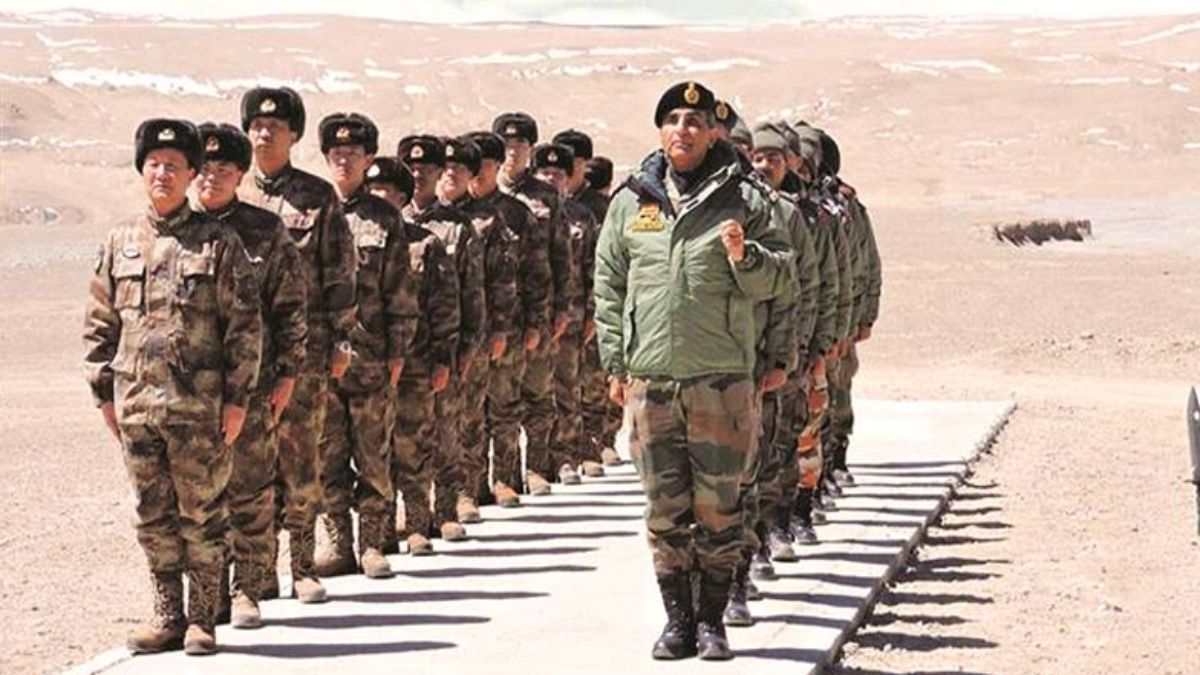Highlights:
- Chinese Army withdrawing from the Galwan area in Ladhak
- NSA Ajit Doval and Chinese FM had a telephonic conversation on Sunday
In the first signal of disengagement of the Chinese Army from the Galwan Valley in Ladhak after the violent clash between the Indian Army and the Chinese Army on 15th June. On Monday the Chinese Army was seen removing its tents and withdrawing itself from certain areas in the Galwan Valley said government.
The vehicles were seen moving back from the area along with the Gogra and Hotsprings area, two other contested border zones reported a reputed news agency.
An Indian Army source cited by ANI said, “There is mutual disengagement between the two sides on all the four friction points in the Eastern Ladakh sector including Patrolling Point 14 (Galwan valley), PP-15, Hot Springs and Finger area,”.
The mutual disengagement in the Galwan area is around 1 kilometre to 2 kilometres and will vary at different locations said the report. Additionally, the disengagement was agreed upon by both the parties during the third Corps Commander-level meeting which held on the 1st of July at Chushul.
The initial 2 rounds took place in Moldo which is on the Chinese side of the LAC (Line of Actual Control).
Also Read: As Cases Of Bubonic Plague Surfaces Inner Mongolia Put On High Alert In China
In the second round of the Corps Commander-level talks which held on the 22nd of June, both sides did reach a mutual agreement to disengage in the Eastern Ladakh sector but that did not happen.
China’s Global Times, quoting the Foreign Ministry Spox Zhao Lijian on Monday said, “China and India have made progress coming up with effective measures for frontline troops to disengage and deescalate the border situation at the third commander-level talks between the two militaries,”.
The Ministry of External Affairs (MEA) on Monday said, “NSA (National Security Advisor) Ajit Doval and Chinese State Councillor and Minister of Foreign Affairs Wang Yi had a telephone conversation yesterday. They had a frank and in-depth exchange of views on the recent developments in the Western Sector of the India-China border areas,”.
The MEA said, “Doval and Chinese FM (Foreign Minister) agreed that both sides should take guidance from a consensus of the leaders that maintenance of peace and tranquillity in India-China border areas was essential for the development of bilateral relations and that both sides shouldn’t allow differences to become disputes,”.


